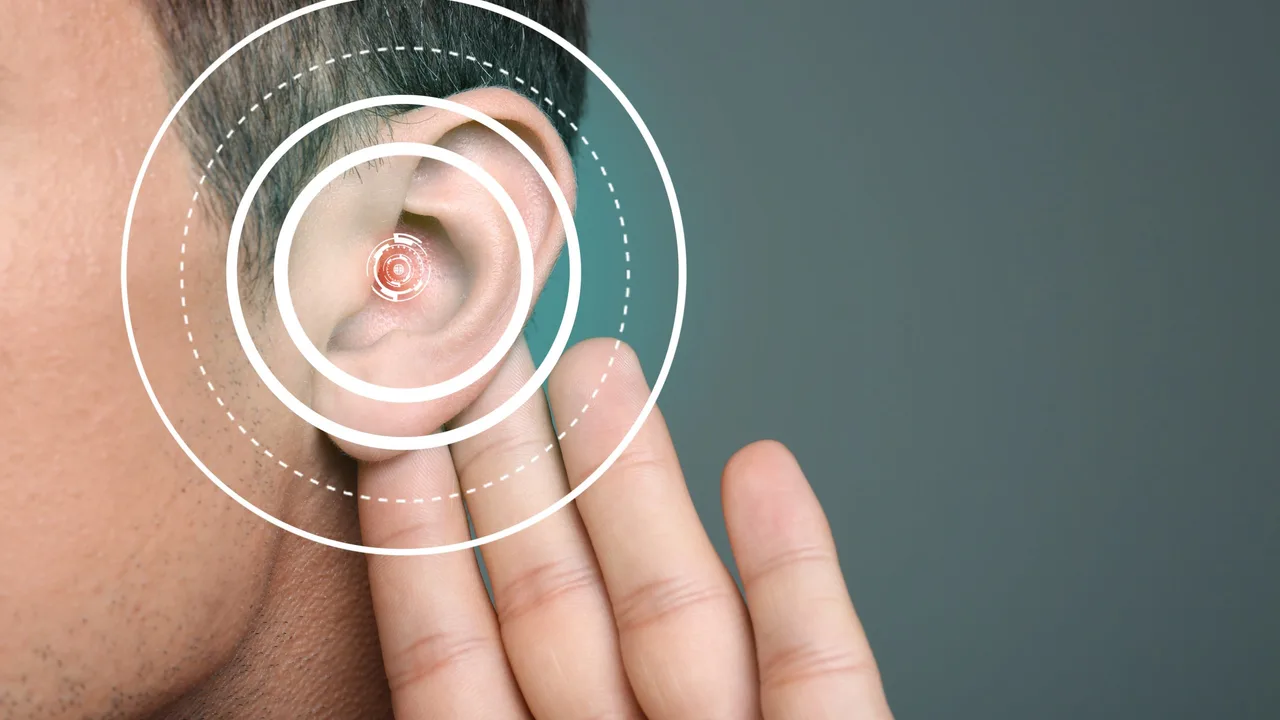Hi there, it's from your gal pal again. Today, I'll be shedding light on the interplay between hearing loss and that annoyance called ringing in the ears, often known as tinnitus. We'll be exploring causes, the interconnectedness of these two auditory issues, and potential treatments. Let's decode the sounds, or lack thereof, our ears make and help you better understand your auditory health. Make sure to stay tuned, because this is an aspect of our health that we often overlook!
Auditory Health – Simple Ways to Keep Your Ears Happy
When your ears start ringing, muffling sounds, or just feeling off, it can throw off your whole day. Good auditory health isn’t about fancy gadgets—it’s about everyday habits, smart treatment choices, and knowing when to ask a professional. Below you’ll find straight‑forward advice you can use right now, plus a look at the most popular topics our readers are searching for.
Common Auditory Issues and What They Mean
Most people run into at least one of these problems:
- Tinnitus – the constant or occasional ringing, buzzing, or hissing in the ears. It often follows loud concerts, head injuries, or certain meds.
- Hearing loss – can be gradual (like age‑related) or sudden after an infection or loud exposure.
- Ear infections – especially common in kids, leading to pain, fluid buildup, and temporary hearing changes.
- Earwax blockage – too much wax can muffle sounds and cause itching.
Each issue has a different cause, but the good news is most are manageable with the right steps. For example, our "Tinnitus and Music Therapy" guide explains how calming soundscapes can lower the stress that makes ringing feel louder.
Tips for Better Ear Health
Here are five no‑nonsense habits that protect your hearing:
- Turn down the volume. If you can’t hear someone talking a foot away, the volume is probably too high. Use the 60/60 rule for headphones – 60% volume for no more than 60 minutes at a time.
- Give your ears a break. After a loud event, let your ears rest for at least 30 minutes before using earbuds again.
- Stay dry. Moisture invites infection. Gently dry your ears after swimming or showering, and consider ear plugs for water sports.
- Watch medications. Some drugs, like certain antibiotics or high‑dose aspirin, can trigger tinnitus. Always ask your pharmacist or doctor about ear‑related side effects.
- Get regular check‑ups. An annual hearing test catches early loss before it affects daily life.
If you already have ringing, music therapy can be a game‑changer. Simple tracks with low‑frequency tones or nature sounds help retrain the brain to ignore the phantom noise. Our detailed article walks you through how to set up a playlist, when to listen, and what results to expect.
Beyond tinnitus, the FDA‑approved medication list on our site keeps you updated on new ear‑related treatments. Whether it’s a prescription for sudden hearing loss or a supplement to support auditory nerve health, you’ll find reliable, up‑to‑date info without the hype.
Remember, your ears work nonstop—protecting them doesn’t have to be complicated. Adopt one habit today, check out the tinnitus music guide, and stay informed with our FDA‑approved drug updates. Your future self will thank you for the clear, calm soundscape you’ve built.

